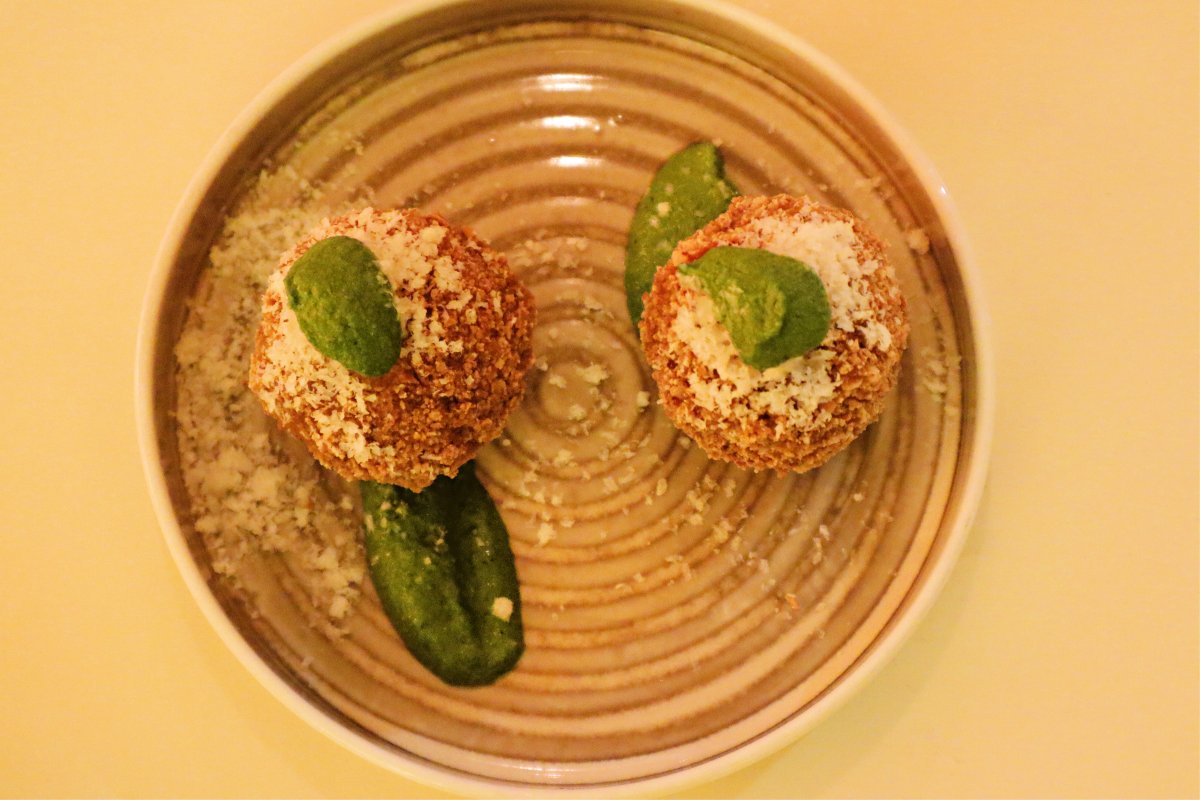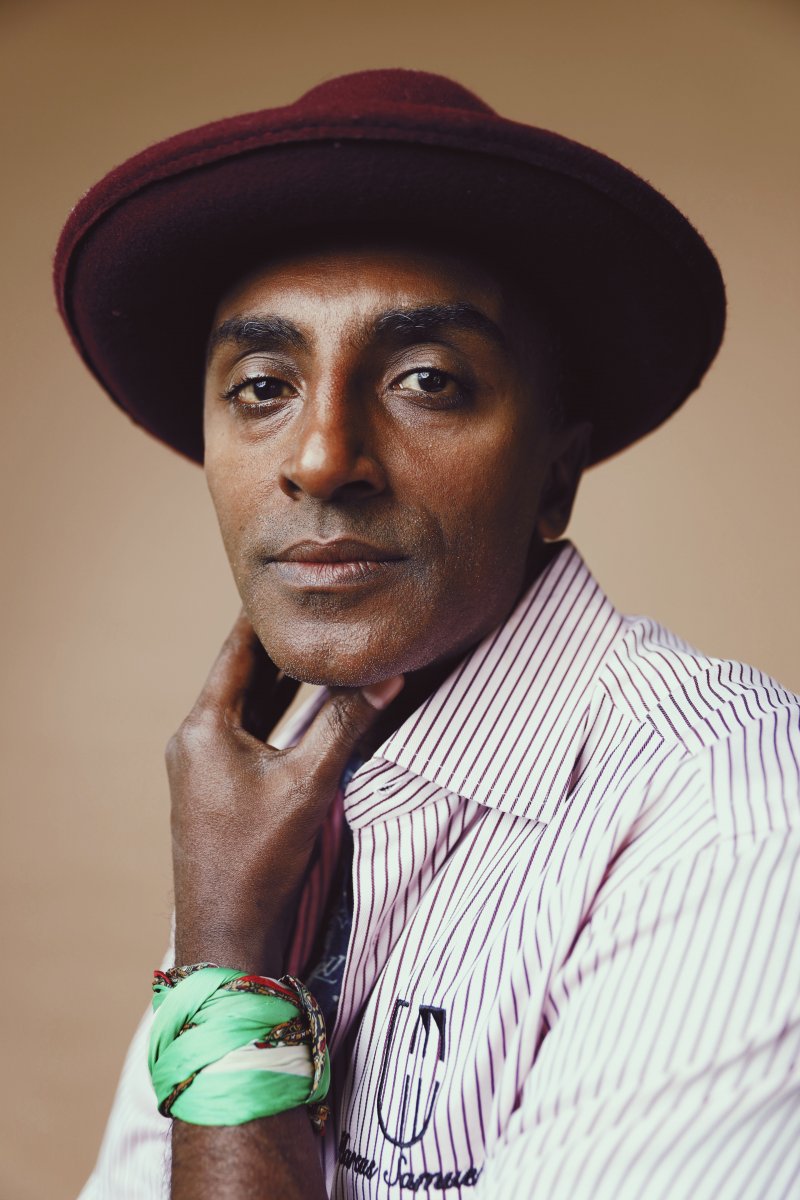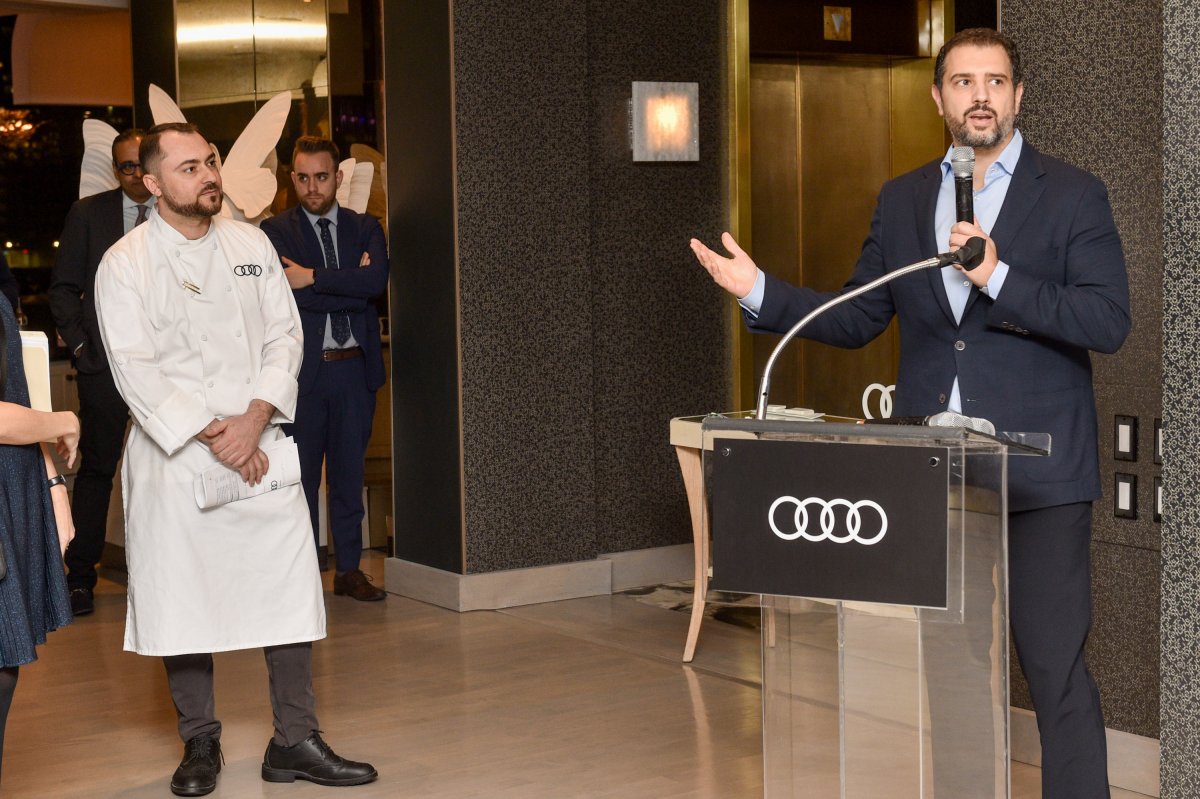After three Michelin Stars and nearly three decades of running El Celler de Can Roca, Chef Joan Roca i Fontané still only cares about one thing: serving people good food.
Written by Jordana Colomby
Both of Roca’s parents were in the restaurant business, so it was no surprise when he decided, at a young age, to also immerse himself in the world of gastronomy. Roca and his younger brothers, Jordi, the pastry chef, and Josep, the sommelier, seamlessly run their critically acclaimed restaurant in their quaint hometown, Girona, just steps from their parents’ restaurant. In addition to serving some of the most intricate and exquisite dishes in the world, El Celler de Can Roca is also improving the restaurant industry to put an end to overworked staff.
On March 15, Roca headlined the 2018 Estrella Damm Gastronomy Congress in Toronto. He walked the audience through his culinary journey, how the brothers’ core values are reflected in the food, and the inspiration behind some of El Celler’s most whimsical creations. Roca captivated the room as he showed how the brothers developed machines that extract the scent of old books, the aroma of cigars and essence of soil. He knows it’s crazy, but the ability to innovate is invigorating. After the show, guests enjoyed a Q&A period hosted by Toronto’s own Chef Grant van Gameren, all while sipping on Estrella Damm beers and tasting a variety of passed hors-d’oeuvres. While VIP attendees enjoyed more refreshments, Roca sat down with Bay Street Bull to talk about working with his family and setting up the next generation of chefs for success.
What’s the best, and worst, part of working with your family?
The best part is trust and sharing a passion. But overall, it’s the trust. The worst part is not knowing what it’s like not to work with them. I’ve always worked with them so I can’t tell if it’s better or not but I don’t see any negatives. If there were, we wouldn’t be working together and each of us would have our own restaurant. We’ve found a natural way to distribute the roles. The three of us are very different from one another: Jordi is the rascal, the most daring and transgressive. With Josep, it’s about poetry and the emotional connection he establishes with the customer. I’m the more practical one, or at least I think so.
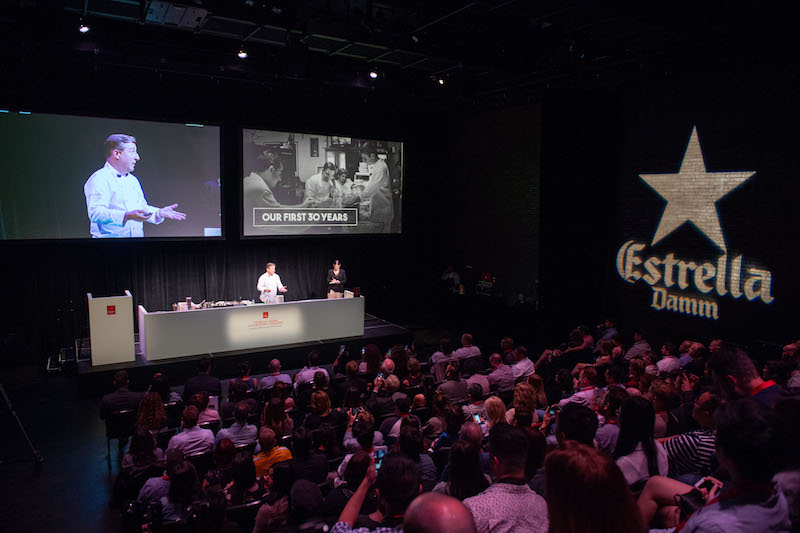

What’s the biggest issue in the restaurant industry right now?
I would say the main challenge nowadays is for people working in the trade, in hospitality and so on, is to feel their work is dignified and that they can find a balance between their professional and personal lives. It wasn’t an issue for me or fellow chefs my age, I would say we were kind of tough and we put our passion above all. We faced the complexity and difficulties of this work, but I’m certain conditions must change for the younger generations. I would say the percentage of people who drop out of the trade is really high. Many people attend gastronomy school or cooking school because they think it’s a very glamorous profession. Because they see these famous chefs on TV and they somehow think this is Hollywood. But it’s not. That’s the moment they drop out.
How is El Celler de Can Roca helping solve that issue?
About a year ago, we managed to implement a new system in our restaurant. We made two teams of chefs, one for lunch and one for dinner, to get away from the idea that at high-end restaurants the staff work 14-to-16 hour shifts. It’s important for young chefs to stay in the trade and that they don’t look for jobs in other fields. It’s also crucial that our staff feel appreciated and heard. We recently spent time in training, visiting 18 cities worldwide in six weeks. We took the whole team and we cooked in these different cities all over the world. It’s a wonderful way of learning and a way of bringing the team closer together.
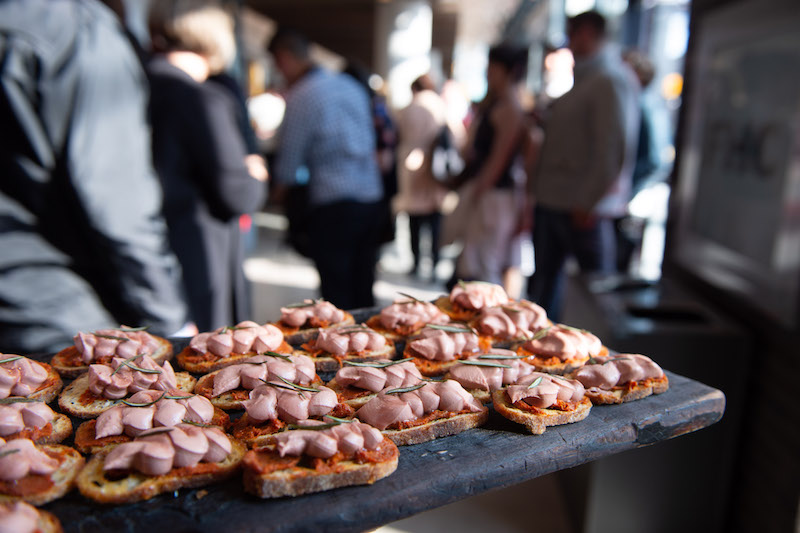

What’s your best advice for someone starting out in the industry?
Enjoy and have fun cooking and not to become really obsessed with acknowledgement. Also, keep learning. Spend energy, effort and time to continuously train yourself and to be happy cooking. This is a belief I’ve had for a very long time. Especially when I look at younger chefs, I see many of them joining the trade for the wrong reason. So, they don’t have a clear idea of what all of this is about.





